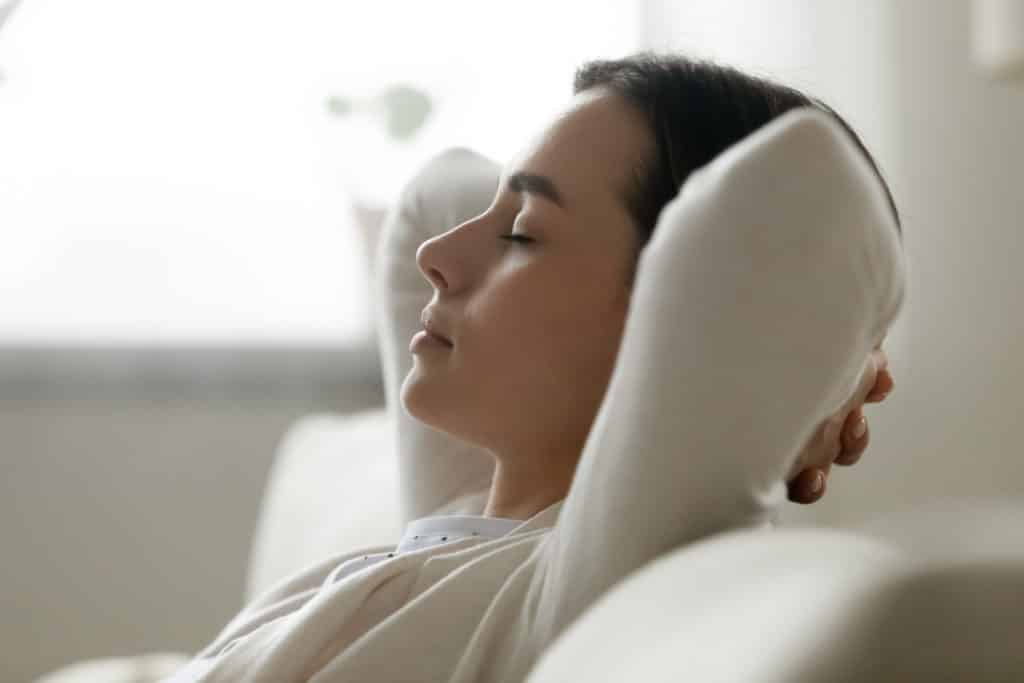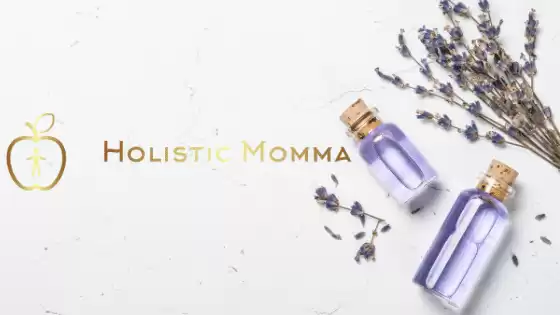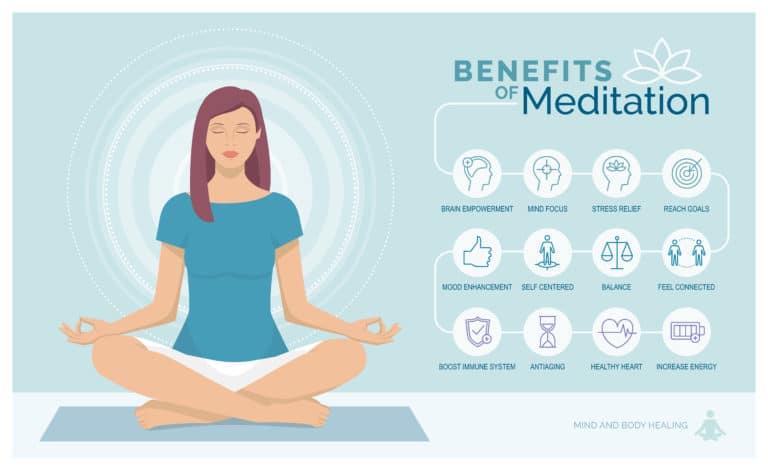8 Proven Tips: How to Help Someone With Anxiety: From a Therapist In Training
Anxiety disorders are the most common mental illness in America and are more prevalent than depression. The good news is there are ways to help someone with anxiety! In this blog post, we will discuss eight proven tips for how to help someone with anxiety.
Table of Contents
How do I help someone with anxiety?
Provide support and understanding to this person and be patient, as change doesn’t usually happen overnight. Follow the steps below to make them feel better if you can.
Can I help someone with anxiety?
The answer is YES and no. If you follow these eight tips, you can be an incredible help to someone who is struggling with anxiety, however, do not take on the responsibility of “fixing” them. Remember that it takes time and patience, but the reward of helping someone overcome their anxiety is priceless.
However, encouraging or motivating them to get help with their anxiety can be worth a ton.
You can try to empathize with them and get them to go to therapy. However, it is not your job to fix them or heal them, it is their responsibility.
Why does lavender help with anxiety?
Lavender oil has been found to be effective in reducing stress and anxiety levels. It helps to calm the mind and body, and can be diffused into the air, applied topically, or taken internally as a supplement.
Essential oil therapy is another method that is effective for some.
What is exposure therapy?
Exposure therapy is a type of cognitive-behavioral therapy. It is a type of treatment that can help those with anxiety disorders by slowly exposing them to what they fear and teaching them how to manage it. This technique helps people learn skills for coping with their fears in a safe environment instead of trying things out “in real life”.
However, this is not something to do at home as you can retraumatize someone.
What is desensitization therapy?
Desensitization therapy is a type of cognitive-behavioral therapy.
It involves gradually exposing someone to the source of their anxiety at a pace that does not cause an adverse reaction. This can be done by showing them pictures or videos until they are able to see it without experiencing any anxiety symptoms.
Over time this process will help people become less anxious about what they fear and more confident in themselves.
8 Tips on How to Help Someone with Anxiety

1. Be Supportive
Instead of getting irritated at someone for feeling anxious, ask them “how can I make you feel better?” or “is there something I can do to make you feel better right now?”
These can both be helpful in allowing the anxious person to figure out what is most helpful for them while feeling like they are loved and supported instead of judged.
2. Understand What Anxiety Feels Like
This is probably one of my favorite ways to teach people how to help someone with anxiety. Although if you have never experienced anxiety, it is hard to imagine what another person is going through.
Most people have experienced anxiety at some point in their lives and an anxiety attack maybe once or twice. However, people who struggle with anxiety disorders such as PTSD (post-traumatic stress disorder), OCD (obsessive-compulsive disorder), GAD (generalized anxiety disorder), or another anxiety disorder live with this on a daily or weekly basis.
By researching these anxiety disorders, can help you better understand how to help.
3. Understand What Type of Anxiety the Person Suffers From
Anxiety disorders are an umbrella of different forms of anxiety or where someone’s anxiety may stem from. Anxiety, depression, and other different mental health concerns typically come from trauma, too much stress, poor self-esteem, or even chemical imbalances.
A person with GAD or generalized anxiety disorder will likely be anxious about many different things. it can be self-induced if a person does not allow themselves to take breaks and feels they need to accomplish everything right now. The person often is fatigued easily due to their anxiety, they have muscle tension, irritability and they have a hard time controlling their worry.
Some people become addicted to stress and anxiety, and they do not know what to do without it.
Social Anxiety– the person typically has a fear or worry around performing in public or being in large groups of people and they may be avoidant.
Panic Disorder- an intense fear peaks within minutes, giving the person a feeling of choking, sweating, heart pounding, fear of going control, etc. (panic attacks can happen in multiple forms of anxiety)
Substance/ Medication-Induced Anxiety Disorder– according to the DSM V manual which is what mental health professionals use to help diagnose and evaluate their patients, this disorder is not explained by any other anxiety disorder. They have impairment in social, occupational, and other important areas of functioning.
Posttraumatic stress disorder is under another category in the DSM V which is Trauma- and Stressor- Related Disorders. Although it can cause a person to struggle with anxiety in a different way. They may avoid distressing memories or thoughts, negative beliefs about themselves thinking they are “messed up”. They have been exposed to serious injury, death or threatened death, sexual violence, etc.
These are just a few more common ways someone may struggle with anxiety.
- -How to Learn relaxation techniques you can do anywhere.
- -Identify anxiety in yourself and others.
- -Learn how to better react to situations and set a firm foundation for dealing with stressful situations.
- Use Natural Supplements, Dietary, and Lifestyle changes to help you feel less anxious sooner.
- I am a Counselor in Training, so I share what I learn through my education and experience and the price will go up shortly--- However! You will get all of the free updates I make to the course at no additional charge to you! As I learn through research, my education, and personal experimentation of new supplement regimens I will share them with you!
4. Pray With the Person
I’m sure a lot of my readers do not have a religious belief, however, there is a lot of research showing that prayer and religiosity are very effective in helping individuals deal with anxiety. (Anderson & Nunnelley, 2016)
5. Meditate
Meditation is not a very popular preference for some people, myself included. I have had a hard time being patient and meditating, however, research shows it can be very effective.
If it is done consistently morning and night for many weeks, individuals can begin to feel less anxious, more motivated, and more in control of themselves again.
By performing meditation, you are allowing yourself to replace negative thoughts with positive ones, similar to what you would do in a counseling session.
Mantra meditation and mindfulness are becoming very popular ways to meditate and they can really help you learn how to help someone with anxiety.
Mantra meditation is saying positive words or saying God’s name repeatedly in intervals.
Mindfulness meditation allows the individual to focus on the present moment and be mindful rather than their to-do list or what rude thing someone said about them today. These practices can be used in other aspects of life to help someone live less anxious.
6. Be Aware of Your Own Anxiety
Anxious people are often easily triggered and they can’t always control how anxious they feel and if you even unintentionally push your anxiety on them, it can be triggering.
This does not mean you should care for the person and they should not care about your needs at all.
It just means that the way you speak to someone may be hurtful when dealing with their anxiety. Since anxiety is often a fear of failure or what people think of us, then anxiety sufferers may take something to heart more than someone who doesn’t have an anxiety disorder would.
7. Exercise Together
Exercise works as an amazing antidepressant and it can produce neurotransmitters such as dopamine that cause you to feel pleasure or a reward.
In addition, serotonin which is our happy neurotransmitter is produced predominately in the gut (about 90% of it). This is another reason eating healthy and exercising is not an option to have optimal mental health, you need healthy gut health as well.
Make sure to make it fun for both of you, or if you have different preferences for “fun exercising” try taking turns, dancing, weight lifting, doing yoga, going for a walk, etc.
8. Encourage Them To Go To Therapy
Therapy is VERY underutilized. When going to therapy, you can talk to your therapist about any problem and why it’s so upsetting to you.
It may seem silly talking about your reasons for feeling anxious, because you may feel that other people’s problems are worse than yours.
However, if you or the person you are trying to help with their anxiety feels like they have tried everything they can and nothing is working, then therapy would be great.
Even if this is the beginning of their journey of self-healing journey, therapy can still be a great option to help them re-wire their thoughts and feel less anxious about situations.
This does not replace therapy, but I do have a course that helps teach you how to feel less anxious via supplementation, relaxation techniques, and more. I am a therapist in training and I am sharing my experiences, what has worked for me, what my education has taught me in combination with other research I have already done for you!
Holistic Anxiety Relief Course- learn how to be less anxious in 7 days, from a therapist in training and an experienced anxiety sufferer. Learn what has helped me, without the use of a single medication.
It is a GREAT price right now and I will be updating it as I go through my program. However, the price will be going up soon so catch it while it’s cheap and get the free updates every time I add to it!
Be patient with the person you are trying to help. They may be embarrassed about the situation and don’t be surprised if they don’t want too much of your involvement in fear you will judge them.
References:
Anderson, J. W., & Nunnelley, P. A. (2016). Private prayer associations with depression, anxiety, and other health conditions: an analytical review of clinical studies. Postgraduate medicine, 128(7), 635–641. https://doi.org/10.1080/00325481.2016.1209962
Originally posted 2021-12-02 21:06:22.
Megan Santiago
Latest posts by Megan Santiago (see all)
- How to break a Fever - March 10, 2024
- Niacin for Anxiety: A Better Route for Relief Now - January 3, 2024
- Natural Remedies to Calm a Hyper Child: Secrets Your Doctor Won’t Tell You - January 3, 2024


